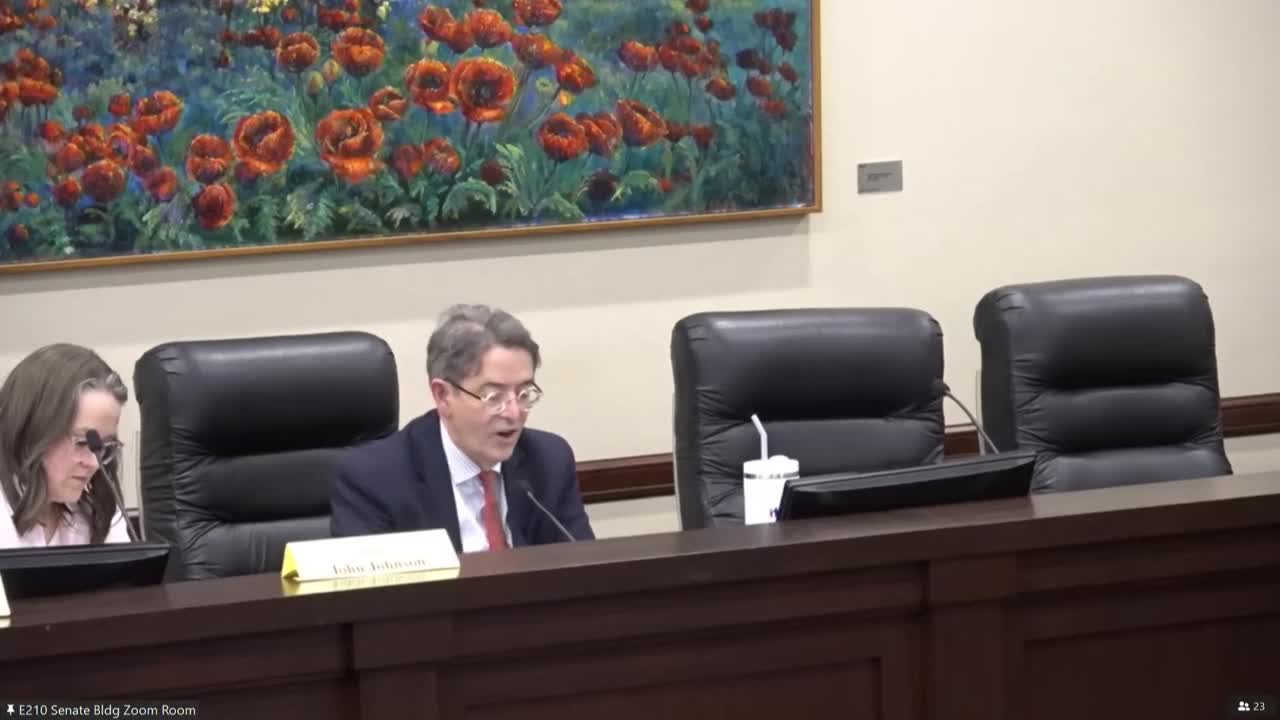Committee backs changes to school-fee law, preserves no-fee core classes and adds transparency and no-fee pathway

Summary
The Senate Education Committee passed a revised House Bill 344 that preserves non-fee core courses, permits fees for certain elective or advanced courses with prominent disclosure, and requires a no-fee path to graduation; the committee adopted an amendment addressing charter and AP-course edge cases.
The Senate Education Committee on Feb. 14 passed (unanimously) House Bill 344, legislation that refines school-fee rules after unintended consequences emerged from earlier 2024 changes.
Representative Strong, the sponsor, described HB 344 as restoring a practical balance between free, core instruction and fee-based co-curricular or elective offerings. Under the bill as amended, districts must keep “non-fee” core courses—language arts, mathematics, science, social studies and health—free of charges. Outside those core courses, schools may continue to charge fees for materials and special activities (for example, marching-band uniforms or specialized supplies), but course-registration materials must disclose fees prominently so families know costs up front.
The bill also requires each school to provide a no-fee path to graduation, meaning students can meet graduation requirements without paying optional fees by choosing alternate courses or fee-waiver options. The first-substitute amendment adopted in committee added a carve-out for certain charter or early-college programs that rely on AP or college-level courses where a district does not otherwise offer a fee-free equivalent: those schools may charge fees for college-level courses, testing or additional materials if no non-fee alternative is available.
Witnesses included charter representatives, teachers and a state-school-board member. Testimony acknowledged long-standing concerns about “pay to play” effects where fees can limit participation, particularly in communities with high fee-waiver rates. Representative Strong said there is one-time transitional funding in the prior session’s appropriations intended to help districts adjust as they implement the new rules; the sponsor noted that the State Board of Education had discussed extending the standard April 1 fee-deadline to allow districts more time to align fees with the amended law.
After discussion and public comment, the committee recorded a unanimous vote to recommend HB 344 as amended to the full Senate.

